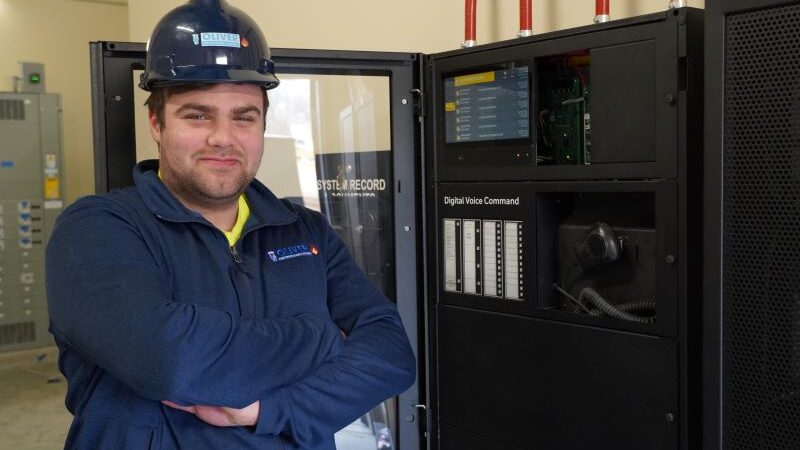What are “Proprietary” and “Non-Proprietary” Fire Alarm Systems, and why do so many fire alarm project specifications require non-proprietary fire alarms?
By definition, proprietary means “one that possesses, owns, or holds exclusive rights to something.” In the context of fire alarm systems, proprietary refers to software that is neither open-source nor freely licensed. A proprietary fire alarm system typically means that the manufacturer and the local authorized service provider are the same entity. This company retains ownership of the software, the system, and the necessary equipment for maintenance. Proprietary systems are designed to work exclusively with the hardware and software supplied by the manufacturer. In essence, the service provider possesses the exclusive rights to service the purchased system.
Non-proprietary fire alarm systems, on the other hand, are classified as “open-source” and are typically supplied by multiple authorized distributors who have received comprehensive factory training and represent the manufacturer. These systems can generally be serviced by several companies authorized by the fire alarm equipment manufacturer. If you have a non-proprietary system, you are not obligated to continue with a specific company for inspections and maintenance after the contract period concludes. This flexibility allows you to negotiate repair and maintenance costs within a competitive market rather than being confined to a single service provider.
During the bidding process of a project, proprietary companies often offer significantly reduced prices for system equipment to the end user or installing contractor. This strategy allows them to recover their costs by becoming the exclusive service provider. Once the system is installed, the customer is required to use their services, meaning the sole service provider no longer has an incentive to offer competitive pricing. As a result, customers often feel “handcuffed” to the proprietary service and the price they demand. Simply put, customers have very few—if any—options for alternative service providers.
Non-proprietary system providers, like Oliver Fire Protection & Security, must offer competitive pricing for their services and equipment, from installation through aftermarket fire alarm services, due to the characteristics of their open-source programs. Customers have the advantage of choosing from a variety of fire alarm vendors who can perform installations or provide services at more favorable rates. Opting for a non-proprietary fire alarm system allows customers to evaluate and compare authorized distributors as well as fire alarm service providers.
Oliver Fire Protection & Security is proud to offer non-proprietary fire alarm systems by Honeywell, including Notifier, Silent Knight, and Fire-Lite. Honeywell fire alarm systems are regarded as some of the best in the industry and are preferred by many contractors due to their reliability, ease of installation, ease of use, and lower cost of ownership, especially compared to many competitors. Oliver Fire Protection & Security is committed to providing non-proprietary systems because they offer the best overall value to customers with the most competitive pricing model.
Notifier, the premier brand under Honeywell (for which Oliver is a Platinum Authorized Dealer), is recognized for its advanced fire detection technologies, such as Self-Testing Detectors, and comprehensive solutions for larger, more complex buildings. Its addressable systems enhance system management and efficiency. Silent Knight and Fire-Lite, known for their cost-effective and user-friendly systems, often cater to smaller to medium-sized installations, providing ease of use and robust functionality. The choice between these brands depends on specific project requirements, budget considerations, and the scale of the installation.

Article by Ryan Sharkey
Sales Representative – Fire Alarms
Greater Philadelphia

